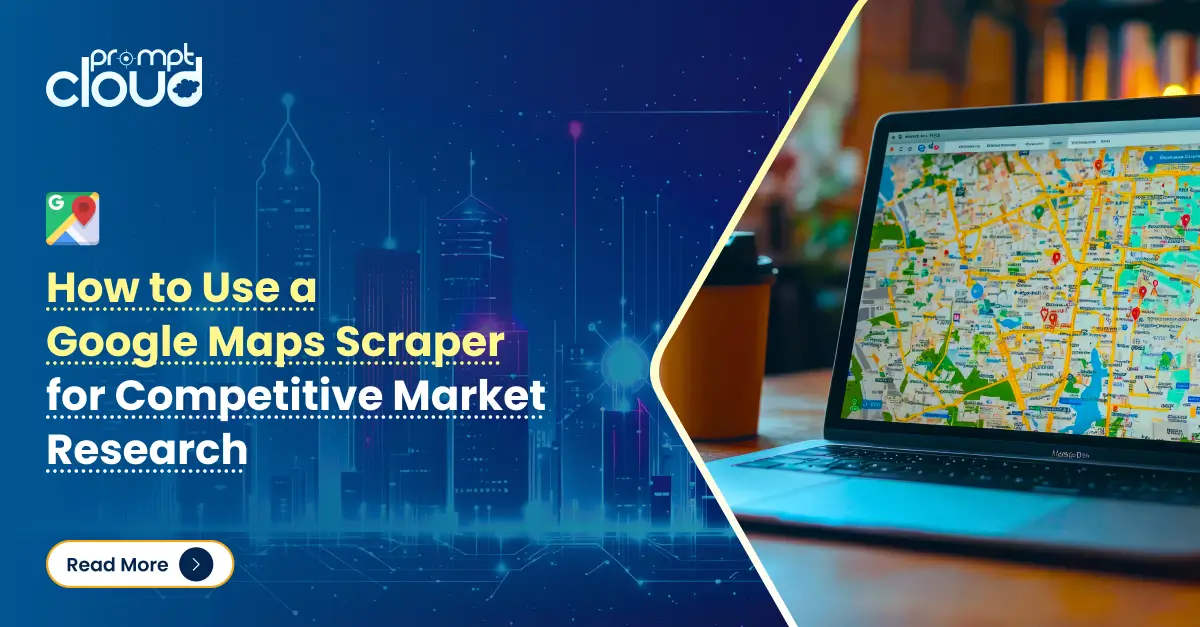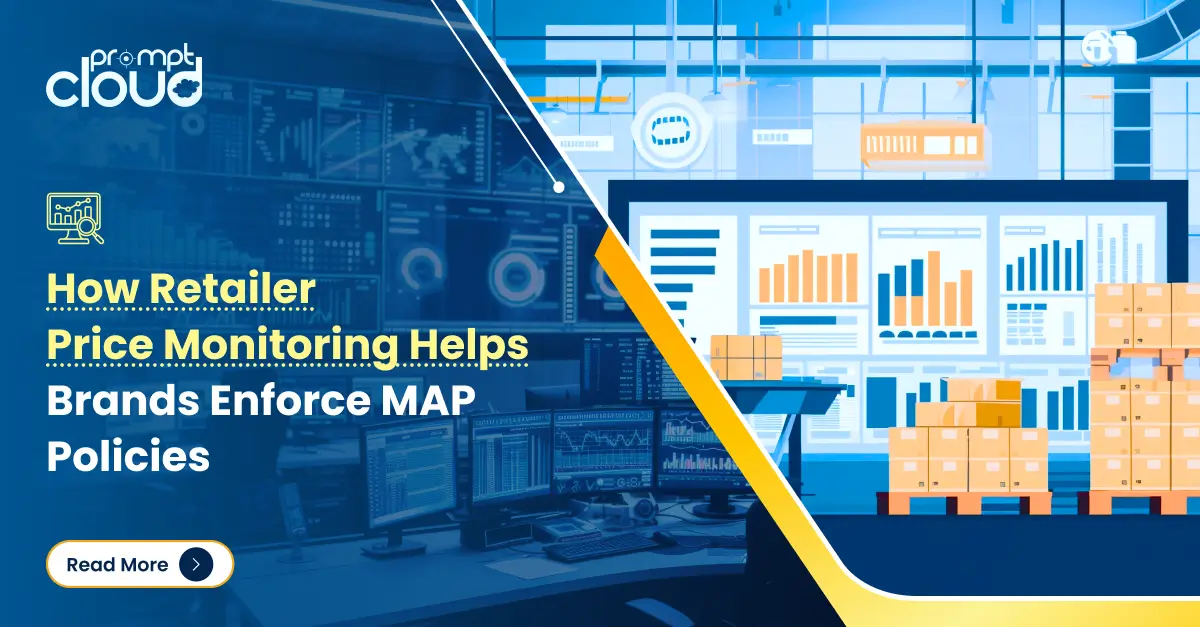Data has been a crucial cornerstone to gauge business’ success. This ever-growing exponential data has provided us with robust technologies that various professionals use in their day-to-day lives. What was once considered redundant information is now delivering immense value in the form of predictive analysis and business intelligence. Let’s see how big data has become indispensable to businesses today.
Tough competition and lack of customer loyalty have led the retailers to dig information to encourage customers stickiness. Retailers are constantly mapping on-site and off-site data and social data to understand customer behaviour. Even the healthcare industry is not untouched by its benefits. A study published online clearly reveals that big data is providing an antidote to cancer patients in 2 ways–a) the oncology clinics to report a lot about quality metrics so that the doctors can understand the problem at the earliest stage, b) data analytics has reduced the cost of care because the insights actually reveal how to deliver higher value results at the lowest possible cost.
Though there are a lot of challenges that create a big barrier in cancer care like interoperability of data (linking of data from different points), hopes are bright that this picture will be completed soon.
How Big Data Benefits with its Prediction Prowess
The standard days of brick and mortar business are quickly being overtaken by mobile and e-commerce businesses. If you wish to make your business succeed, it is important to prioritize the customers and their demands. Many companies have succeeded with this mantra and even the largest marketplace for goods, Amazon has followed this suit.
Organisations gather huge customer data on their demographics, purchase habits, and more, use this to determine product-market fitment and business scenarios. When such information is mined together with the help of web data extraction, both the company and customers can benefit from it. Due to its overwhelming nature, non-adopters consider this information explosion as a challenge, but it can be solved with the help of big data technologies.
Some interesting applications of big data in daily lives and businesses include:
1. Data Enhances Our Social Media Experience
Facebook has changed the way we used to interact with our friends and acquaintances. It has compiled a huge database to:
a) Improving Brand Loyalty- On its 10th anniversary Facebook took up a unique initiative to celebrate the occasion with some of the best Facebook moments for its users in one single video called “Flashback”. It was played along with nostalgic music in the background on the users’ feed and gathered energetic appreciation from users all over the world.
b) Encouraged People to Vote- Voting has always been a priority for the government and an option for the citizens. With this viewpoint in mind, Facebook started its social experiment to improve the voting base by placing the “I voted” button on the users’ profiles. Users who placed their ballots in the US Elections, UK elections, Scottish referendum, and Indian elections, noticed this button and vetted their experience. With its huge database, Facebook claimed that it motivated more than 60,000 voters directly and 2,80,000 indirectly where people saw the button and were prompted to vote. A huge number to impact and influence!
2. Matrimonial Companies Use Data to Find the Perfect Match
Matrimonial sites like Jeevansathi use big data to find an ideal match for your bride/groom’s requirements. They ask the users to fill in their opinions and then create a database based on it. Thanks to their services, “happily married” no longer remains just a fairy tale. But how does this happen?
Well, it is made possible by the new age Big data analysis technologies like Hadoop. Big data helps such companies to understand customer demographic and social aspects like their interest, their habits (smoking, drinking), profession, and behaviours (docile or aggressive), which in turn helps them find a rose for a rose.
3. Data Helps Predict Human Resource Required in a Company
The innovative applications of big data have not left HR untouched. The trend has become a buzzword in the HR industry, and HR professionals are embracing it with open arms. Large scale recruiting firms like Manpower Group is one of the earliest adopters of Big Data, and they use it amazingly well to their advantage.
Through this technology, they compile a huge database about the candidates like where a candidate was employed, their performance-related data, salary details, and bonus and thus help the companies and individuals to find each other. Another example is Xerox – with the help of big data, the company was able to knock down the attrition rate by 20 per cent in its call centre.
4. In the Healthcare Industry
Besides streamlining costs and improving business margins, Big Data is revolutionizing the healthcare industry as a whole. With big data, the healthcare industry can predict the outbreak of epidemics, avoid preventable diseases, and improve the quality of life.
We see some great work happening in the healthcare industry on the big data innovation front.
Medical companies like Aetna use big data to provide patients with quick advice about their ailments. All you need to do is to log in with the help of a website or smartphone and provide details like screening history, health history, and present symptoms, and get a list of nearby facilities that can help you in a crisis. For example, if you are travelling and wake up with chest pain in the middle of the night, this can help you to find the nearest emergency room if you need it.
5. Big Data Helps Government to Nip the Evil in the Bud
Big data slowly and steadily has entered into the lives of common people in the form of Aadhaar Cards, in India. The data submitted in this card is further linked to the bank account, and PAN card, to generate income tax return, to book your ticket, to avail of LPG subsidy, among other innovative applications.
It helps the government to reduce corruption, to know how mach valuables you have stored in an e-locker, to detect bogus voters, to recognize the real beneficiary for pension, and to keep your investments in check.
6. E-Commerce Industry
Big Data is used by e-commerce companies to predict consumer behaviour and trends that are likely to dominate in the future. For instance, Amazon uses big data in supply chain management.
As the company wants to fulfil the orders in the shortest possible time frame, it inks a deal with the manufacturers and warehouses located closest to the vendor to reduce the shipping cost. Additionally, it also uses data mining to build its recommendation engine and stay ahead in pricing intelligence in comparison with the competitors.
7. Parking Lot Analytics
Whether it’s a small retail business, school, healthcare, HR industry, or IT industry, big data has offered exclusive benefits to all. Beyond these businesses, big data has also paved the way for parking lot analytics.
A startup called Orbital Insight is working with a multitude of retail chains to analyze the parking lots. From this information, the company can evaluate the performance of each company by delving deeper. This deep learning technology is helping them to find unique insights that could eventually make parking a lot easier for the customers.
8. Banks are Utilizing the Immense Value of Big Data
The banking sector is gearing up with the use of Big Data. American Express is using it to get in-depth insights into customer behaviour. By looking at their banking behaviour and integrating 100+ variables, the company has come up with cutting edge predictive models to understand who will attract competitors and who will remain loyal. American Express has further claimed in their Australian market, they can forecast 24% of accounts that will close in four months.
Thus, it is evident that Big Data has sparked revolutionary ways of working in multiple industries. As an outcome, this marriage of big data with business acumen is benefiting industries and taking the world economy ahead on a growth path. However, it needs to be structured cost-effectively so that it can witness faster mainstream adoption for a thriving, robust, and innovative economy.





















































